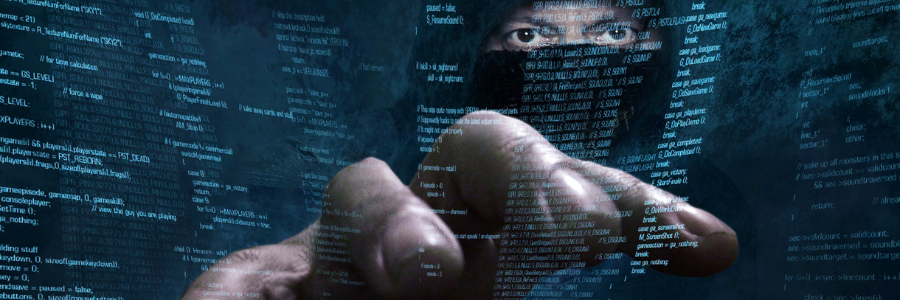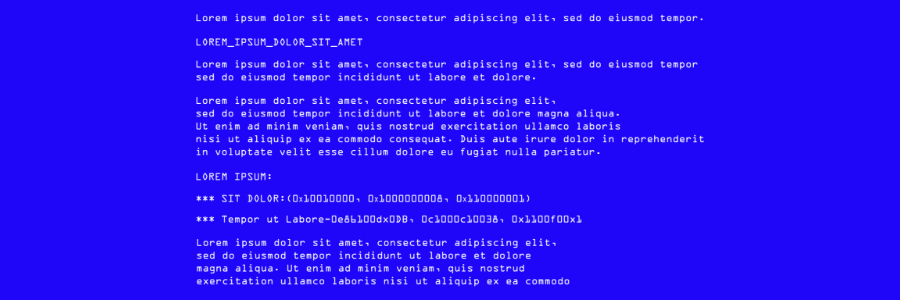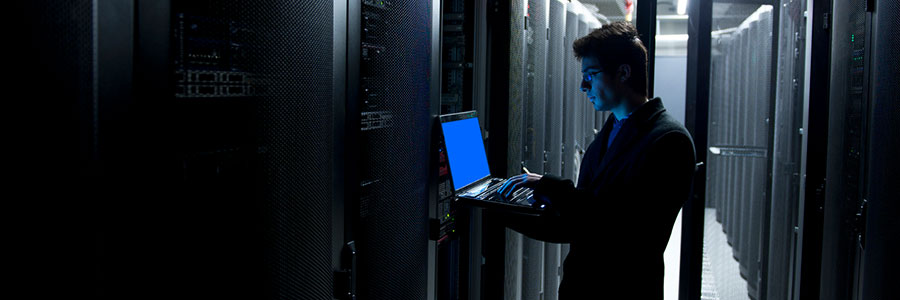To avoid detection by anti-malware programs, cybercriminals are increasingly abusing legitimate software tools and programs installed on computers to initiate attacks. They use fileless malware to infiltrate trusted applications and issue executables that blend in with normal network traffic, IT processes, and system administration tasks while leaving fewer footprints.
A closer look at fileless malware
Prevent hackers from stealing healthcare data
What you need to know about HTTPS
New Android malware detected!
Are your business printers protected against hacks?
Another Windows 10 update, another raft of issues
Keep these in mind when shopping for antivirus software
Security best practices for remote workers
Autocomplete password risks

Web browsers come with features to improve user experience. One of the most popular ones is auto-fill passwords. These are designed for users to store and automatically use their account credentials to access websites and other applications. While auto-fill passwords are convenient, they come with security risks.









